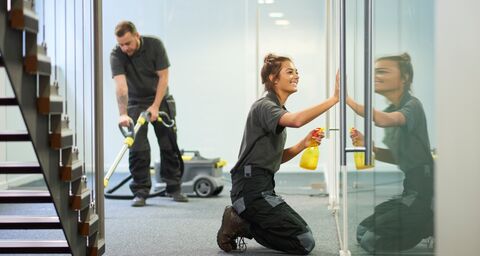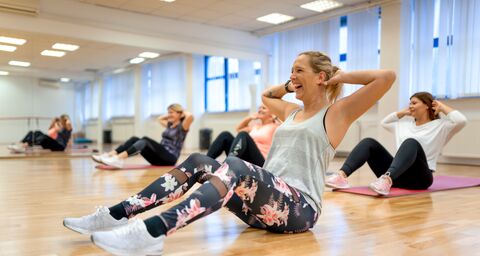
-
 Health
HealthEmploying domestic help privately: four steps to the correct employment
-
 Health
HealthHealthy in old age – the most important factors for a long life
-
 Health
HealthGym membership What’s covered by your health insurance
-
 Health
HealthNew to Switzerland: health insurance information
-
 Health
HealthEverything you need to know about deductibles and excesses
-
 Health
HealthSwitzerland’s health system: the key points in brief
-
 Health
HealthAmateur football tournament: Injury-free football
-
 Health
HealthHow do I prepare for a consultation with a psychological expert?
-
 Health
HealthWhat can you do to combat hay fever?
-
 Health
HealthUpgrade in hospital? No problem!
